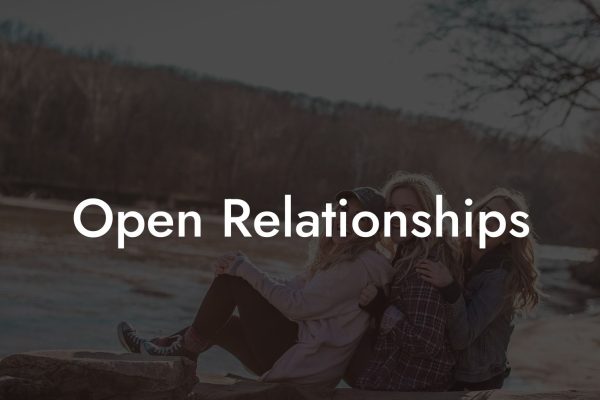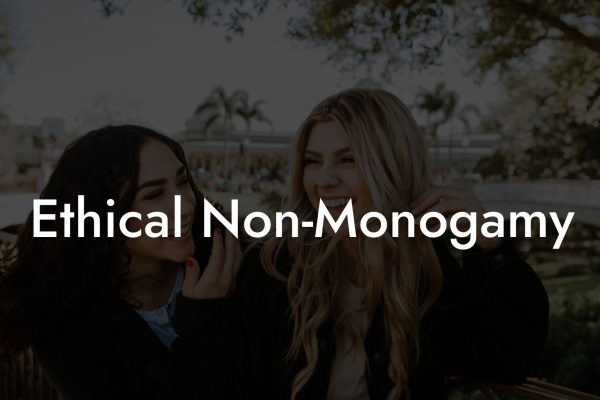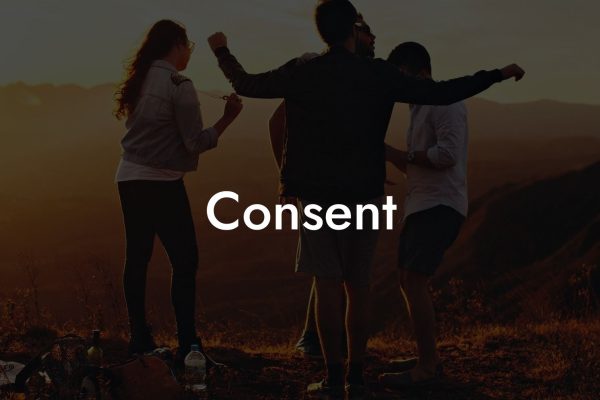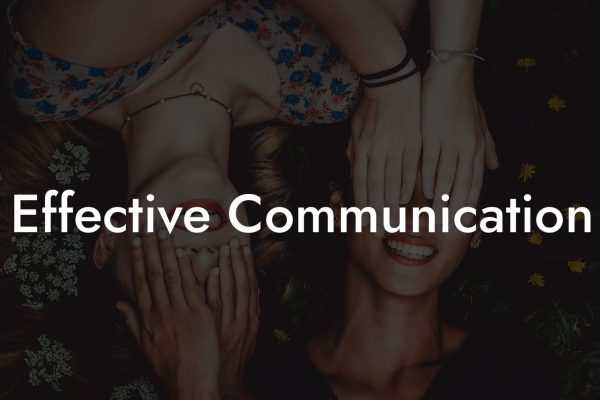Not Sure Where To Start?
EXPLORE OUR LITTLE MAP OF THE MAGIC JOURNEY OF ETHICAL NON-MONOGAMY
Hop on our outrageously epic roadmap through the enchanted, twisty wonderland of ethical non-monogamy—your wild guide to modern love adventures that’ll leave you laughing all the way!
Let's Explore...Splash Splash
Ethical Non-Monogamy
Ethical Non-Monogamy is the ultimate love remix—where consent, honesty, and wild creativity blend to form a vibrant mosaic of connections, empowering you to embrace multiple loves with integrity and flair.
Learn More

Open Relationships
Open Relationships let you enjoy a buffet of romance—where boundaries are playful invitations and every connection is a thrilling adventure, proving that love is limitless, wild, and outrageously fun indeed!
Learn More

Polyamory
Solo Polyamory
Solo Polyamory is loving on your own epic terms—celebrating independence while inviting meaningful connections without sacrificing your freedom. It’s the ultimate journey of self-discovery, passion, and unapologetic individuality and pure joy.
Learn More

Non-Hierarchical Polyamory
Non-Hierarchical Polyamory is the ultimate equal-opportunity love fest—no ranking, just pure connection where every partner is cherished equally. It’s all about freedom, fun, and balancing hearts without a pecking order.
Learn More

Hierarchical Polyamory
Hierarchical Polyamory orchestrates love like a symphony—your primary partner is the soulful melody, while secondary connections add harmonies. It’s mix of stability, passion, and freedom that keeps your heart dancing.
Learn More

Even More Fun
Relationship Anarchy
Relationship Anarchy is like throwing the rulebook out the window—where love isn’t confined by labels or hierarchy. It champions radical freedom, spontaneity, and honest connection for a truly liberating journey.
Learn More

Swinging
Swinging is the ultimate playground of desire, where couples explore consensual adventures together. It’s all about fun, flirtation, and stepping outside the ordinary to ignite sparks of excitement with passion!
Learn More

Let's Explore...Splash Splash

Ethical Non-Monogamy
Ethical Non-Monogamy is the ultimate love remix—where consent, honesty, and wild creativity blend to form a vibrant mosaic of connections, empowering you to embrace multiple loves with integrity and flair.
Learn More

Open Relationships
Open Relationships let you enjoy a buffet of romance—where boundaries are playful invitations and every connection is a thrilling adventure, proving that love is limitless, wild, and outrageously fun indeed!
Learn More
Polyamory

Solo Polyamory
Solo Polyamory is loving on your own epic terms—celebrating independence while inviting meaningful connections without sacrificing your freedom. It’s the ultimate journey of self-discovery, passion, and unapologetic individuality and pure joy.
Learn More

Non-Hierarchical Polyamory
Non-Hierarchical Polyamory is the ultimate equal-opportunity love fest—no ranking, just pure connection where every partner is cherished equally. It’s all about freedom, fun, and balancing hearts without a pecking order.
Learn More

Hierarchical Polyamory
Hierarchical Polyamory orchestrates love like a symphony—your primary partner is the soulful melody, while secondary connections add harmonies. It’s mix of stability, passion, and freedom that keeps your heart dancing.
Learn More
Even More Fun

Relationship Anarchy
Relationship Anarchy is like throwing the rulebook out the window—where love isn’t confined by labels or hierarchy. It champions radical freedom, spontaneity, and honest connection for a truly liberating journey.
<a class="enm-roadmap-learn-more" href="https://themonogamyexperiment.com/relationship-anarchy/" target="_blank" rel="noopener">Learn More</a>

Swinging
Swinging is the ultimate playground of desire, where couples explore consensual adventures together. It’s all about fun, flirtation, and stepping outside the ordinary to ignite sparks of excitement with passion!
Learn More
What Dynamic Suits You Best?
EXPLORE THESE DEEP DIVES INTO POPULAR RELATIONSHIP DYNAMICS
Finding the perfect relationship style can feel like picking a Netflix show—you want what truly resonates. Dive into our curated, authentic deep dives, where we uncover the ins, outs, and wild nuances of popular relationship models, helping you discover your ideal dynamic.
Ethical Non-Monogamy Must Reads
EXPLORE THESE PILLARS OF ALL AMAZING RELATIONSHIPS
Discover essential resources and insights within our Ethical Non-Monogamy Must Reads collection. This curated selection of guides, expert advice, and practical strategies explores core pillars such as consent, effective communication, establishing boundaries, and trust.
The Boredom-Free Zone
MOST PEOPLE LOVE THESE NON-MONOGAMY POSTS
Dive into our Popular Posts section, where we curate the most engaging and enlightening articles. These are your fellow readers' top picks - the stories that sparked the most thought, dialogue, and understanding in the dynamic world of relationships. Discover what's resonating today!
10
Feb
Why Do I Get Bored In Relationships?
Whether you’re in a long-term monogamous bond, navigating the complexities of non-monogamy, or simply curious about the nature of relat...
13
Jan
Understanding Polyamorous Relationship Rules
As more people explore the possibilities of ethical non-monogamy, establishing clear guidelines within polyamorous relationships is ess...
20
Jan
What Is It Like To Be In A Polyamorous Relationship?
In a world where relationships come in many forms, polyamory has emerged as a dynamic and often misunderstood model of consensual non-m...
13
Jan
Guide to What Are The Different Types Of Polyamory?
Polyamory, at its core, is about the capacity to love multiple people simultaneously in a consensual and ethical manner. However, not a...
12
Feb
Effective Communication
Imagine a stage where every word, every pause, and every nuance of expression is a brushstroke on the canvas of connection—a place wher...
03
Feb
Polyamorous Relationship Advice
As more people explore non-monogamous lifestyles, relationships have emerged as a vibrant and fulfilling way to experience love and co...
Our Experts Make Your Life Simple
EVERYTHING YOU NEED TO KNOW ABOUT NON-MONOGAMY
Embark on a captivating journey into the realm of non-monogamy. Our in-depth articles provide the knowledge, insights, and perspectives you need to understand this intriguing relationship dynamic. Step into a world where love knows no bounds!
13
Jan
What Is It Called When You Are In A Relationship With One Person?
Often referred to as a monogamous or exclusive relationship, this model emphasizes commitment, emotional intimacy, and the cultivation ...
13
Jan
What Is The Difference Between An Open Relationship And Polyamory?
Although both open relationships and polyamory fall under the broader umbrella of consensual non-monogamy, they differ significantly in...
03
Feb
Guide to Partner Swap 101
Welcome to Partner Swap 101—a comprehensive guide designed to introduce you to the fundamentals of partner swapping. Whether you’re com...
13
Jan
List Of Open Marriage Rules
Welcome, adventurous souls! If you’re exploring the world of open marriages and wondering what guidelines can help make such relationsh...
03
Feb
Understanding Polyamory And Open Relationships
This guide delves into the core concepts of polyamory and open relationships, examining their definitions, similarities, differences, b...
03
Feb
Guide to Polyamory Resources
Imagine stepping into a vast, intergalactic library where every book, podcast, and website holds the secrets to forging connections tha...
10
Feb
Guide to Should You Tell Someone You Swing
In a world where alternative relationship models are becoming more visible, the decision to disclose your involvement in swinging can b...
03
Feb
Open Relationship vs Polyamorous: Key Differences
In today’s evolving landscape of intimate partnerships, many individuals explore relationship models beyond traditional monogamy. Two p...
10
Feb
Guide to Two Couples Engage In Sex With Each Other
In today’s evolving landscape of sexual exploration and alternative relationship models, more couples are considering the possibility o...
13
Jan
Types Of Open Relationships
In today's diverse relationship landscape, many couples and individuals are exploring non-traditional models of intimacy that move beyo...
03
Feb
Guide to Polyamorous Civilizations
Imagine a sprawling metropolis where love flows like neon light through every alleyway, where the bonds of affection are as varied and ...
27
Jan
Is There Such Thing As A Three Way Marriage?
Are you curious about the concept of a three way marriage? In today’s increasingly diverse relationship landscape, many people are expl...













